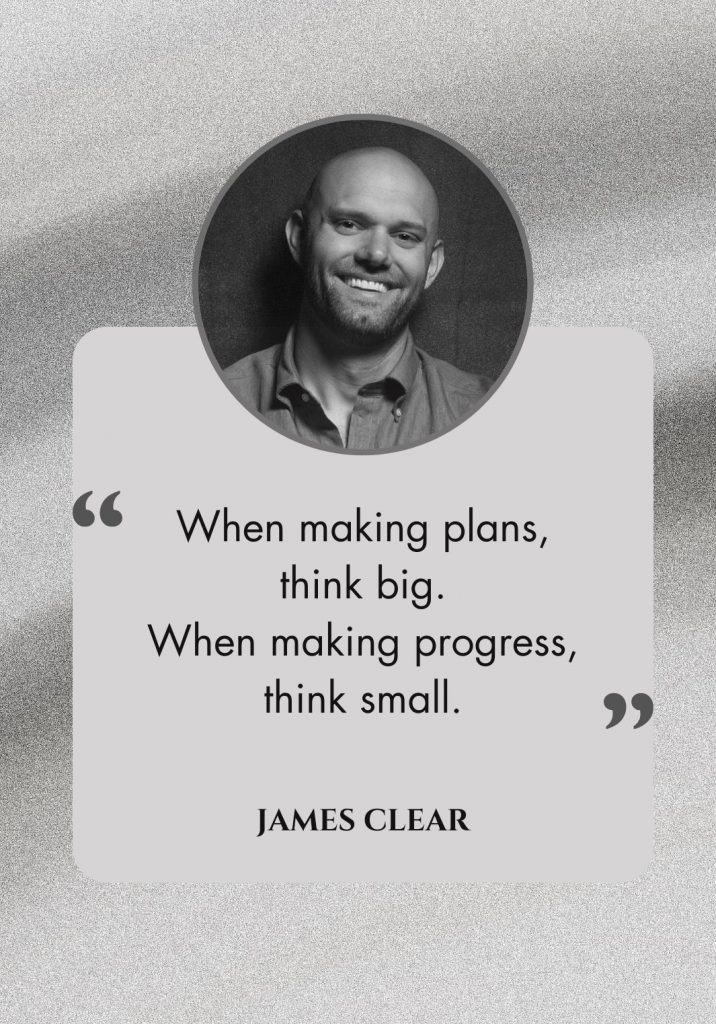
Management
On AI Agentic Workflows
Amazing conversation with Bret Taylor on agentic workflows leveraging AI in the enterprises. The whole conversation is worth listening to multiple times, but this specific segment where Bret speaks about the difference between traditional software engineering and AI driven solutions was thought provoking on how much change management organizations have to go through to adopt to these new solutions.
Now if you have parts of your system that are built on large language models, those parts are really different than most of the software that we’ve built on in the past. Number one is they’re relatively slow compared — to generate a page view on a website takes nanoseconds at this point, might be slightly exaggerating, down to milliseconds, even with the fastest models, it’s quite slow in the way tokens are emitted.
Number two is it can be relatively expensive. And again, it really varies based on the number of parameters in the model. But again, the marginal cost of that page view is almost zero at this point. You don’t think about it. Your cost as a software platform is almost exclusively in your head count. With AI, you can see the margin pressure that a lot of companies face, particularly of their training models or even doing inference with high-parameter-count models.
Number three is they’re nondeterministic fundamentally, and you can tune certain models to more reliably have the same output for the same input. But by and large, it’s hard to reproduce behaviors on these systems. What gives them creativity also leads to non-determinism.
And so this combination of it, we’ve gone from cheap, deterministic, reliable systems to relatively slow, relatively expensive but very creative systems. And I think it violates a lot of the conventions that software engineers think about — have grown to think about when producing software, and it becomes almost a statistical problem rather than just a methodological problem.
Overheard : On practice
A quote from Japanese philosophy repeated by Coach Paul Assaiante on practice
You cry in practice and you laugh in competition
Charlie : The guru I never met
Yesterday (Nov 28, 2023), the world lost a giant of investing and clear thinking: Charlie Munger. While I never had the privilege of meeting him in person, his wisdom, wit, and down-to-earth approach to life have had a profound impact on me. His speeches and writings have been a guiding light, teaching me not just about investing, but about life itself.
Charlie possessed a rare combination of intelligence, practicality, and brutal honesty. He never sugarcoated his words, always offering his insights with clarity and directness. One quote that particularly resonates with me comes from his 2007 commencement speech at USC. Reflecting on choices in life, he said:
“Let me use a little inversion now. What will really fail in life? What do we want to avoid? Some answers are easy. For example, sloth and unreliability will fail. If you’re unreliable it doesn’t matter what your virtues are, you’re going to crater immediately. So, faithfully doing what you’ve engaged to do should be an automatic part of your conduct.”
These words underscore the importance of basic principles like hard work, integrity, and commitment. Charlie understood that success wasn’t built on complex theories, but on a foundation of solid values and consistent action.
Charlie’s passing is a significant loss, but his legacy will undoubtedly continue to inspire and educate generations to come. His wisdom will remain a guiding force for those seeking to navigate the complexities of life and investing with integrity and a clear mind.
Rest in peace, Charlie. You will be deeply missed.
Culture eats strategy for breakfast
Interesting article on Arstechnica (https://arstechnica.com/science/2021/10/revealed-the-secret-notes-of-blue-origin-leaders-trying-to-catch-spacex/) about an internal memo from Blue Origin. The memo is about the discussion and feedback from senior leadership at Blue Origin on a report put together by an external consulting company on challenges facing Blue Origin.
Bezos is famous for growing Amazon into a behemoth by focusing on principals like Customer Obsession, Hire and Develop the best, Frugality… https://www.amazon.jobs/en/principles .
Wonder why he did not implement the same tried and tested playbook at Blue Origin.
My take, it is as important to have a team that can execute on your vision as it is to have a vision.
Culture eats strategy for breakfast ¯\_(ツ)_/¯
Overheard : Process
Love this quote about process attributed to Tobi Lutke in multiple interviews. He said it in different ways, but here is the gist
There are three kinds of processes
- Process that makes things that were previously impossible to do, possible. That’s good.
- Process that makes something that was previously possible significantly simpler, which is also good.
- Remaining 99.9% of all process that exists in corporate America is the third category, which is actually just telling people to behave slightly different from what common sense tells them to do.
Source :
Overheard : Giving your best
A power quote by Abraham Lincoln. Ran across it while reading The Accidental President: Harry S. Truman and the Four Months That Changed the World . BTW, the book itself it a great read on history and leadership.
I do the very best I know how – the very best I can; and I mean to keep doing so to the end. If the end brings me out all right, what is said against me won’t amount to anything. If the end brings me out wrong, ten angels swearing I was right won’t make any difference.
Simple & Effective One Page Resume
I have always been a fan of crisp and clean resumes. I could never understand why anyone would have a 5+ page resume. Personally that is a turn off for me :).
Just wanted to bookmark this very effective 1 pager template from this article on CNBC (https://www.cnbc.com/2019/07/10/an-example-of-the-perfect-resume-according-to-harvard-career-experts.html?utm_source=pocket-newtab)


